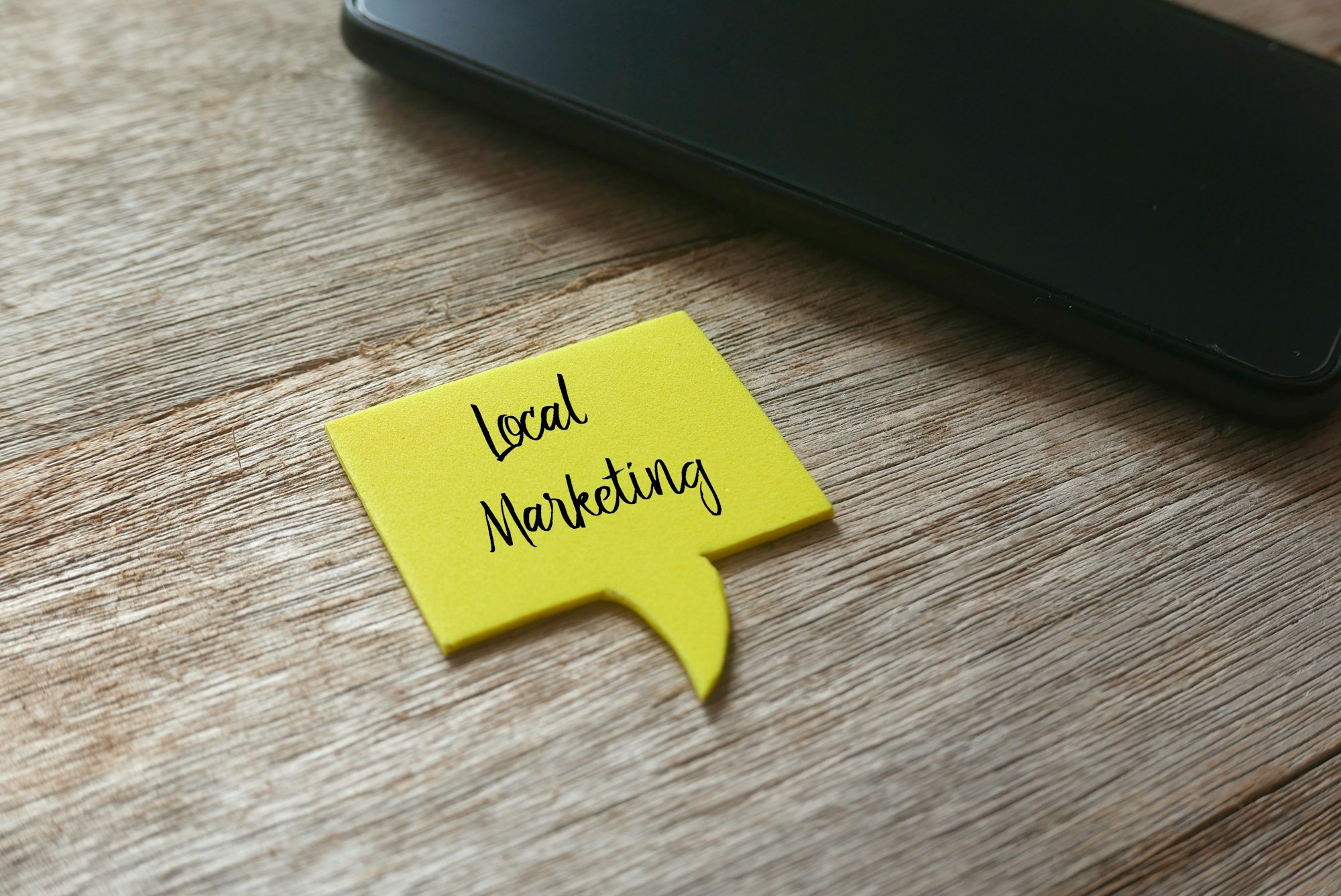Social media encompasses a broad range of online platforms and tools that allow people, creators, and businesses to communicate with one another and create communities. These platforms enable users to share content, images, videos and text, as well as comment and interact with other users. Social media has revolutionized the way we interact and connect with each other, as well as how brands market themselves and engage their audiences.
Around seven-in-ten Americans now use social media to connect with others, get news and information, share and express themselves, and entertain themselves. With billions of active users, a thoughtful social media strategy has become a must for both businesses and individuals looking to expand their reach and impact.
Real estate professionals, in particular, leverage the power of social media to attract and retain clients. With platforms such as Facebook and Instagram allowing for easy video, photo, and slide show creation, agents are able to create engaging content that is instantly shareable with prospective home buyers. This, in turn, enables them to gain the attention of potential clients and drive traffic to their websites.
In addition, many real estate agencies utilize social media to post listing updates and to promote open houses and events. By targeting a highly specific audience, these campaigns tend to have a higher ROI than traditional print advertising and direct mail campaigns.
While the advantages of social media marketing are clear, there are some concerns about the negative effects it can have on our lives. Studies have shown that heavy social media usage can lead to isolation, anxiety, depression, low self-esteem, and even feelings of worthlessness. Social media can also be a breeding ground for bullying and other types of online harassment.
With this in mind, it is important to set realistic goals for your social media strategy and monitor your progress on a daily basis. Rather than striving for “likes” and “followers,” focus on building a relationship with your audience by being helpful, informative, and entertaining.
For example, fitness influencer Kayla Itsines built a global community of 13 million followers on Instagram and Facebook by providing quality workouts and nutrition advice. In turn, this has allowed her to monetize her platform and build a multimillion dollar business.


